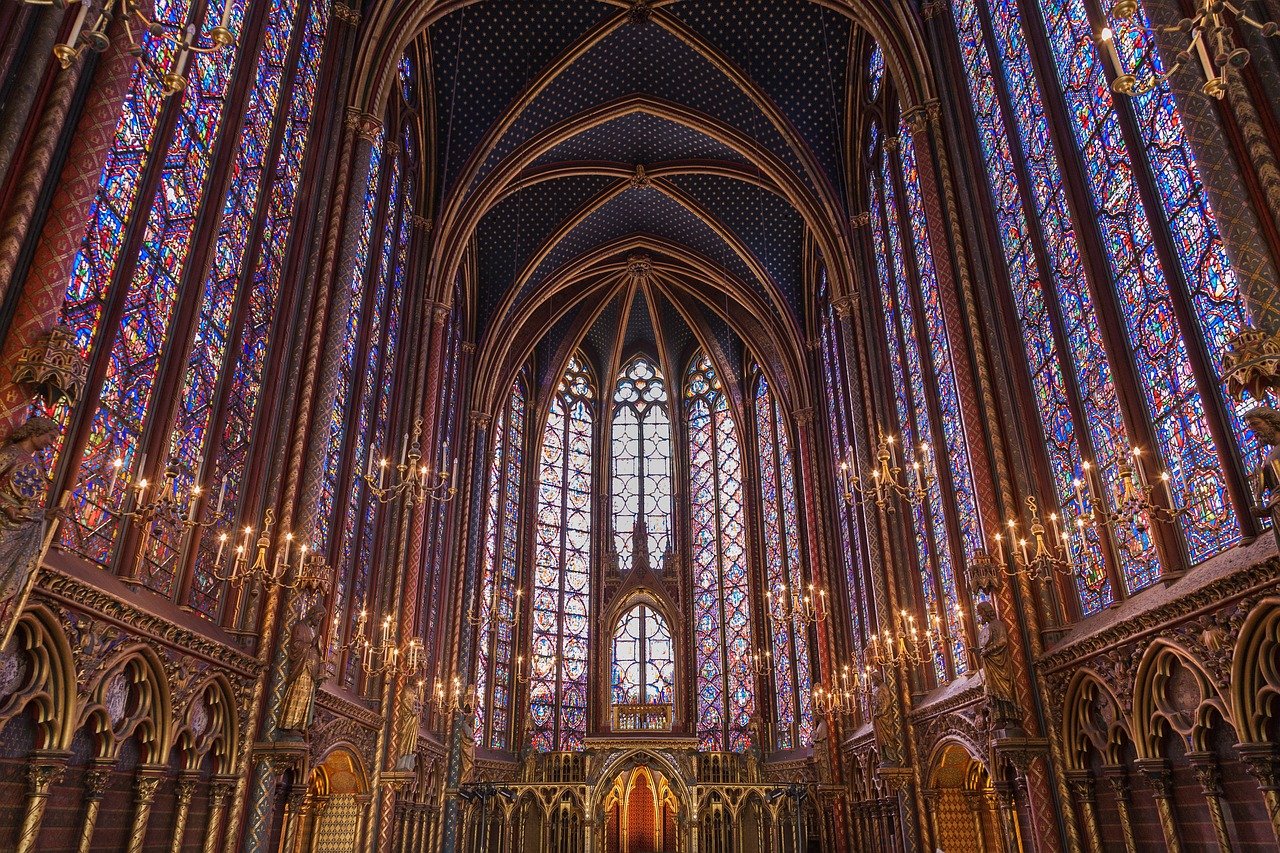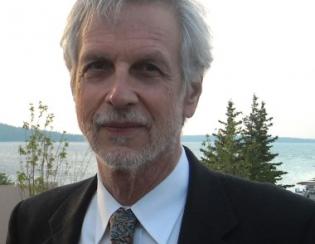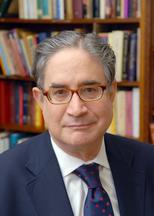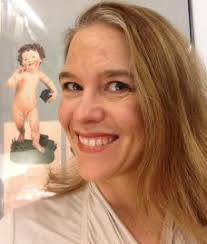HUMS 378, Interpretations: Sainte-Chapelle

Course Description:
This seminar offers a multidisciplinary exploration of one of the most daring and beautiful architectural achievements of medieval Europe, the Sainte-Chapelle in Paris (constructed 1242-48). Bringing together the expertise of three specialists from different departments, we explore this central site of Paris as a convergence point for the social, architectural, artistic, literary, and intellectual trends of thirteenth-century France. We focus in on the specifics of the building–its delicate architecture, sumptuous statuary, and dazzling array of stained glass with narrative imagery–and zoom out to the larger issues it raises: ideas about good and bad kingship, military enterprises, the relation of Christians to Jews and Muslims, the powers of women, the development of urban spaces, the role of holy relics and material culture, the fluidity between sacred and secular cultures. The patron, King (later Saint) Louis IX, [and his mother, Blanche of Castile], receive special attention as patron[s] and motivator[s] of the building. Along with photographs and other digital representations of the Sainte-Chapelle and its related arts, written sources such as medieval chronicles, saints’ lives, miracle tales, and romances (including manuscripts now at the Beinecke), and reports on the building’s nineteenth-century restoration projects, will shed light from various angles on the richness and complexity of this singular, spectacular site.
Led By:
 |
Professor Howard Bloch is Sterling Professor of French at Yale University. He has written on a variety of topics in and around medieval literature and social history, legal, economic, familial, and political institutions, humor and the fabliaux, gender and the rise of Western romantic love and the history of the discipline of Medieval Studies. Bloch holds a medal from the Collège de France, is an officer in the Order of Arts and Letters, a fellow of the American Academy of Arts and Sciences, and a member of the American Philosophical Society. He is currently completing a book on Stéphane Mallarmé’s “Un coup de Dés jamais n’abolira le Hasard.” |
 |
Professor Paul Friedman specializes in medieval social history, the history of Catalonia, comparative studies of the peasantry, trade in luxury products, and the history of cuisine. His latest book is American Cuisine and How It Got This Way (Liveright/Norton, 2020).
Since coming to Yale, Professor Freedman has served as Director of Undergraduate Studies in History, Director of the Medieval Studies Program, Chair of the History Department, and Chair of the Program in the History of Science and Medicine He has offered graduate seminars on the social history of the Middle Ages, church, society and politics, and agrarian studies (as part of a team-taught course). |
 |
Professor Jacqueline Jung is Associate Professor and Director of Graduate Studies in the History of Art. She specializes in the art and architecture of the medieval West, with an emphasis on the figural arts of Gothic France and Germany. Her teaching has thus far encompassed the history of medieval sculpture; images of death and apocalypse; Gothic cathedrals; the body as medium and matter in the Middle Ages; monumental narrative arts; late medieval altarpieces; visions and visionary experiences in art; the representation and stimulation of emotions in medieval art; and the importance of materiality, movement, and space in medieval visual culture. |